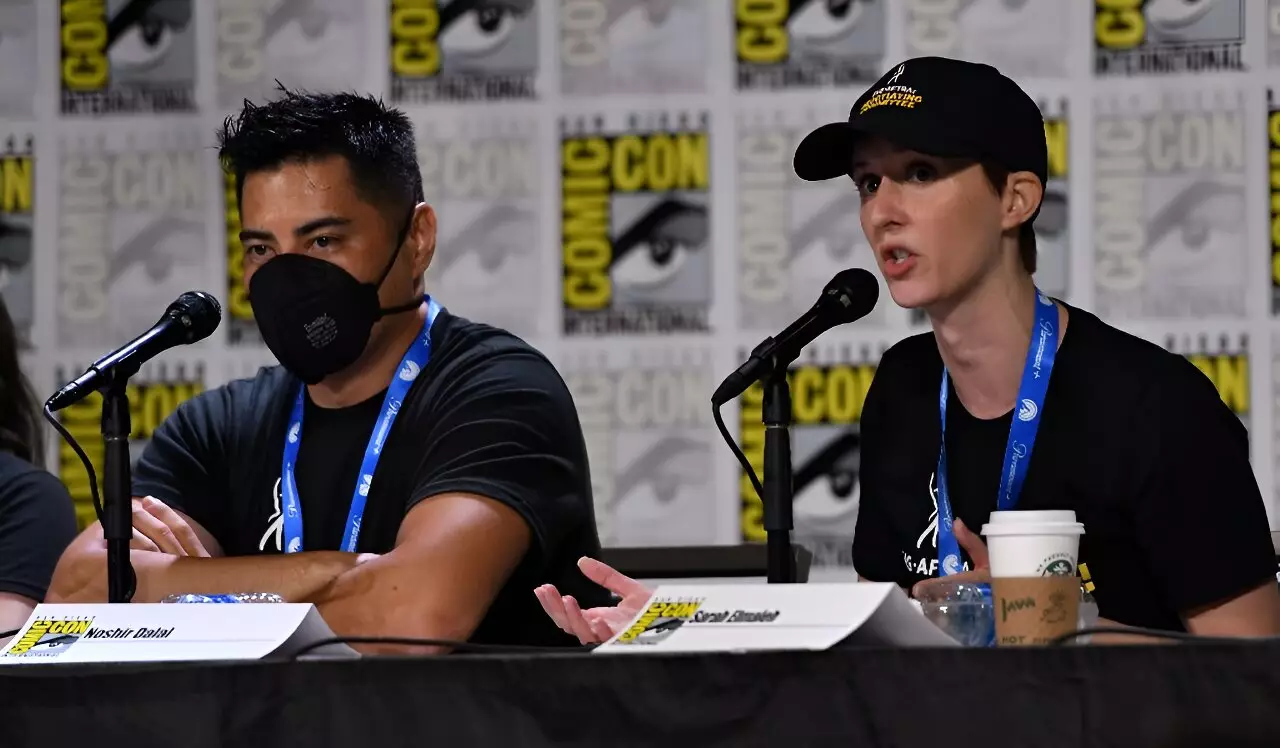The integration of artificial intelligence (AI) into the entertainment industry has sparked controversy and led to labor strikes among voice actors in both Hollywood and the video game sector. Last year, Hollywood actors faced significant challenges due to the use of AI in their industry, and now, video game voice actors are experiencing similar issues. The Screen Actors Guild (SAG-AFTRA) recently initiated its second strike in nine months against major gaming companies, highlighting the pressing concerns surrounding consent, compensation, and the value of their performances being utilized by AI to bring game characters to life.
Negotiating with technology companies in the video game industry has presented unique challenges for the union representatives. Ray Rodriguez, the lead negotiator for the video game contract, emphasized the struggle of tech companies to perceive actors beyond just data. Despite actors delivering nuanced performances that add depth to game characters, these companies view them primarily as a source of information rather than as valuable contributors to the creative process. This lack of recognition of the performance value has been a major point of contention in the negotiations.
The recent strike affects around 2,600 artists who provide voice dubbing services or motion capture for video games. Companies like Activision, Disney, Electronic Arts, and Warner Bros. Games have been at odds with the union for over a year, as negotiations have been hindered by sporadic talks and a lack of dedicated full-time negotiators on the part of the gaming companies. Additionally, the excessive secrecy maintained by these companies has further complicated the bargaining process.
One of the key concerns raised by the union negotiators is the exploitation of technology by video game companies to create loopholes in their offers. AI is being used not just to replicate specific actors but also to generate new voices and body movements based on composite data from multiple performers. This use of generative AI makes it difficult for actors to track and claim ownership of their work, leading to issues of consent and fair compensation. Video game companies have been accused of exploiting the ambiguity surrounding multiple performers contributing to character creation, further complicating the situation.
For video game voice actors like Lindsay Rousseau, the encroachment of AI on their jobs poses a significant threat. As AI technology advances, there is a concern that only a few top-tier voice actors in the industry will be able to sustain their livelihood, while newcomers and less established actors will struggle to secure work. The potential loss of ancillary roles such as non-player characters and creature voices due to AI automation has raised alarms among voice actors about their future in the industry.
The ongoing strike by video game voice actors highlights the urgent need for protections against the negative impact of AI technology on their profession. The industry’s reliance on AI for character creation poses challenges in terms of consent, compensation, and recognition of the value of actors’ performances. As negotiations continue between the union and video game companies, it remains crucial to address these issues and ensure a fair and sustainable future for voice actors in the evolving landscape of the entertainment industry.


Leave a Reply